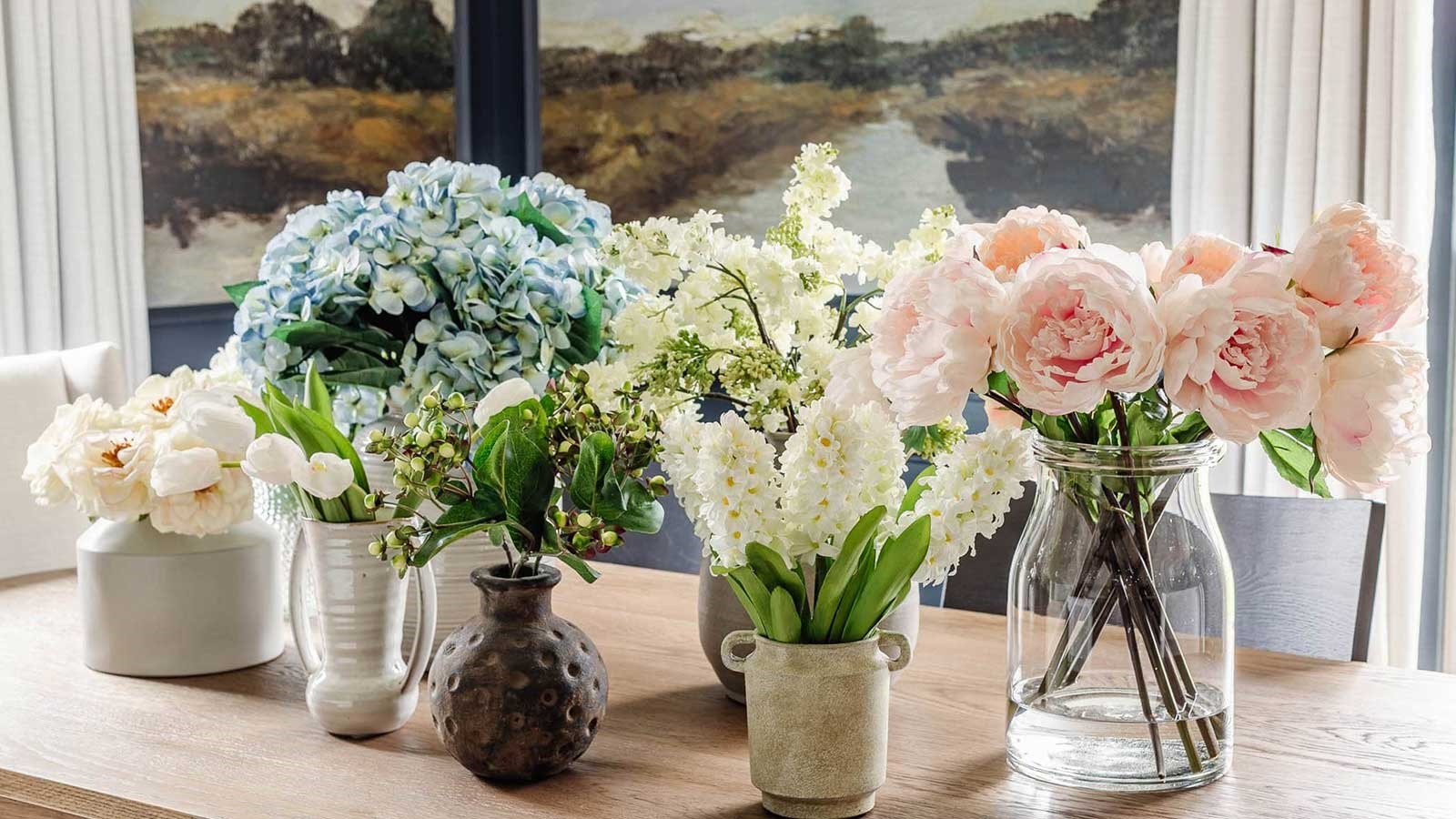Bombay HC Questions Exclusion of Plastic Flowers from Ban List
In a significant legal development, the Bombay High Court (HC) on Wednesday sought clarification from the Centre on why plastic flowers were not included in the list of banned single-use plastic items. The division bench of Chief Justice Alok Aradhe and Justice Bharati Dangre raised pertinent questions regarding the recyclability and biodegradability of plastic flowers while hearing a petition from the Growers’ Flower Council of India (GFCI).
The petition filed by GFCI urged the Centre to take action against the use of plastic flowers, citing environmental concerns. The court questioned the government’s position, asking whether it believed that plastic flowers could be effectively recycled or were biodegradable. “Is the Union government sure that plastic flowers can be recycled, or that they are biodegradable?” the court inquired. It also referred to an earlier notification from the Centre banning single-use plastics that could not be recycled or were non-biodegradable.
The petition claimed that plastic flowers typically used for decoration have a maximum thickness of 30 microns, far below the 100-micron threshold specified in government notifications. According to the petitioners, such items fall within the category of plastic materials prohibited by both central and state government regulations, yet the ban does not explicitly mention plastic flowers. The petitioners further advocated for an extension of the ban to include plastic flowers of less than 100 microns in thickness, in line with existing prohibitions on similar plastic items. The court, noting the government’s omission of plastic flowers from the list of banned items, expressed concerns over their environmental impact. The bench directed the petitioners to file an affidavit addressing the Centre’s stance within two weeks.
The GFCI, which represents a diverse network of independent flower growers, exporters, florists, and wedding decorators, believes that banning plastic flowers would play a crucial role in reducing the environmental footprint of the floral decoration industry. In a broader context, the case underscores the ongoing debate about the effectiveness of the government’s plastic ban and its commitment to addressing environmental hazards posed by plastic products, especially those that are not biodegradable or recyclable.



